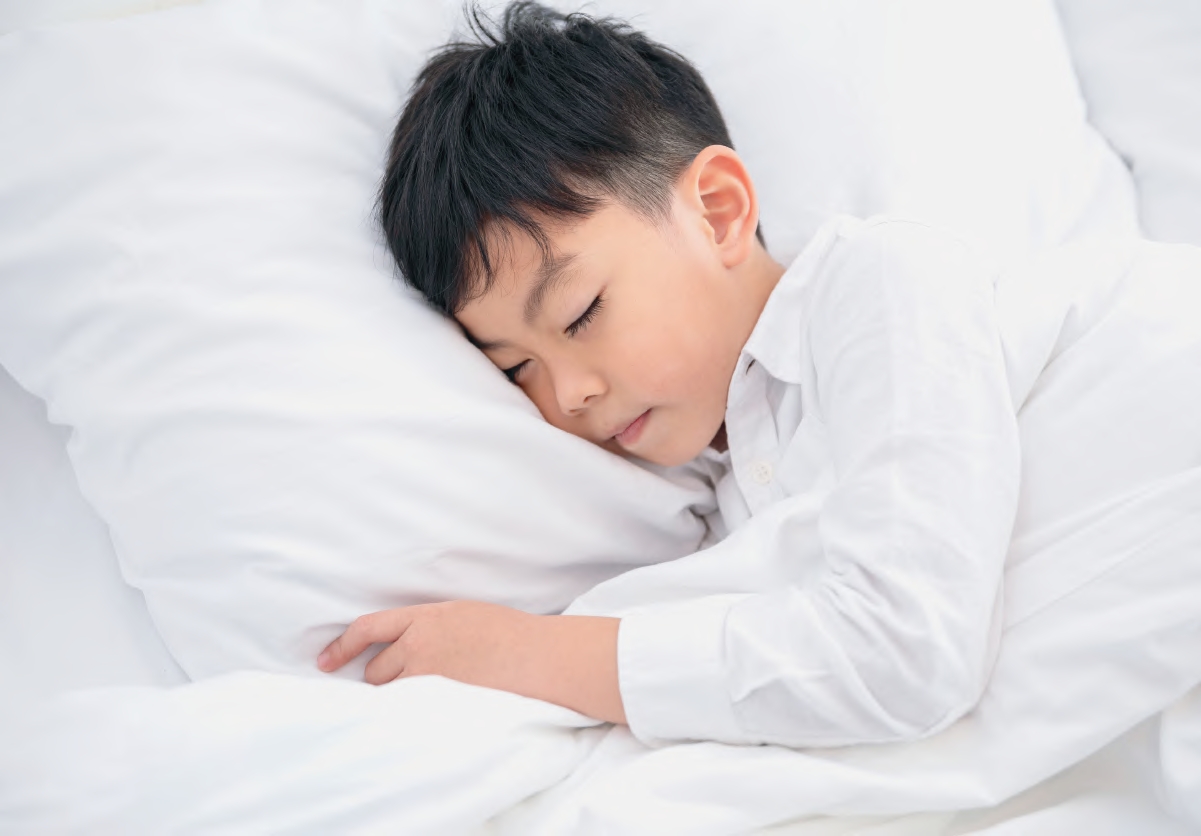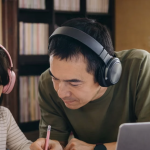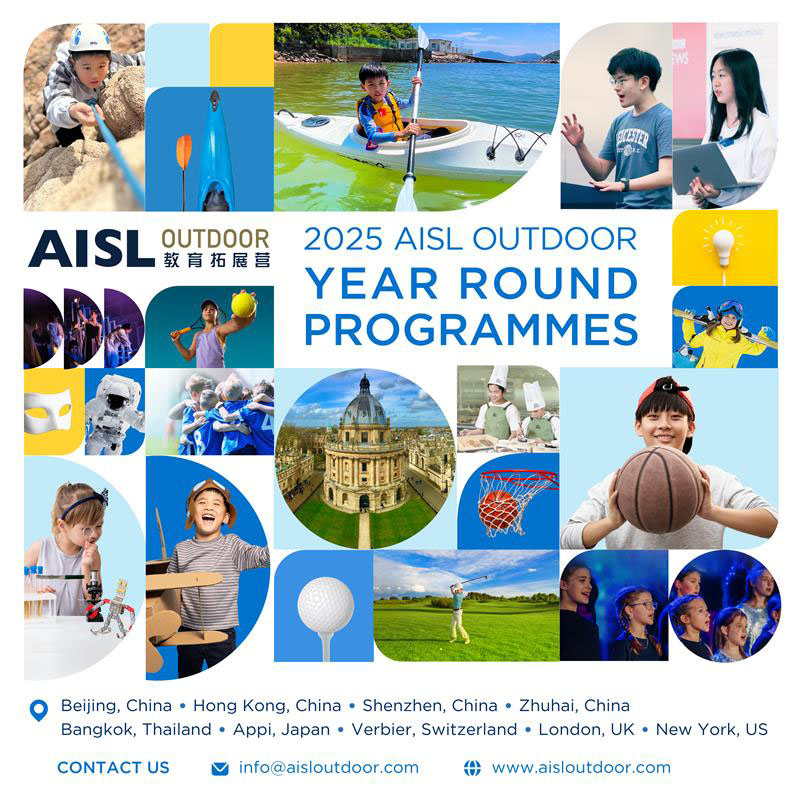We all know sleep is important, but are we doing enough?
It is the fourth period on a Monday. As you scan your classroom, you see that your students’ eyelids are heavy; reactions are slow. Not just one student, but many. It’s easy to forget: the student who looks half-asleep in your class might literally be half-asleep. What you might not see is the night before – up until 2:00am stressing about an assignment, frantically completing homework set by external tutors, parents insisting all of it is completed before they sleep and coping with it all by endlessly scrolling through TikTok.
Sleep is crucial for the brain because it facilitates the consolidation of memories, allowing information to be processed and stored effectively. It supports vital cognitive functions such as attention, problem-solving, and emotional regulation. In East- and South-East Asia, research consistently demonstrates a significant prevalence of around 40 and 50% of school-age children and young adults suffering from sleep problems, typically increasing with age (Chen et al., 2021; Chowdhury, 2021).
Sleep deprivation has severe consequences on young people. It causes dysfunction of the brain’s plasticity; its ability to change and adapt. Psychologically, this contributes to issues like memory decline, and dysfunction of our typical stress and coping responses. In a classroom, this is a recipe for a problematic self-perpetuating cycle. Physiologically, the list of problems both short-term and long-term is extensive. Cardiovascular, immunological, gastrointestinal, and dermatological disorders are strongly linked to sleep deprivation. Health problems like these further exacerbate students’ abilities to access learning.
THE FOUR HORSEMEN OF STUDENTS’ SLEEP DEPRIVATION
If we accept that one of the most significant barriers to a student’s performance is not how well they prepare, but how well they sleep, how might this change our practice? Research cites four main culprits for the high prevalence of sleep deprivation and disorders in Asian youths, all of which will be little surprise to teachers.

It’s tempting to brush off sleep as something beyond our control. After all, we don’t dictate when all students go to bed or when they put down their phones. But that doesn’t mean we’re powerless. In fact, the school environment plays a critical role in shaping student habits around sleep. Schools can often unconsciously model and perpetuate the culture of overworking, encouraging students to see the value in going ‘above and beyond’. We do this without really explaining what should be sacrificed to achieve this, or how. To a young person with no real framework of understanding of pushing themselves too far, this just means stay up late studying or taking on multiple extracurriculars to boost their profiles. Yet, the reality is this – pushing students to the brink isn’t helping. It’s not preparing them for success. Instead, it’s setting them up for a lifetime of burnout, anxiety, and health problems.
ACADEMIC PRESSURE: IS MORE ALWAYS BETTER?
Academic pressure generally is cited as the greatest contributor to the sleep deprivation epidemic in Asia. Students in Asia pushing to attend elite universities in Europe and America, especially those students learning English as an additional language, are under immense pressure to excel. The stakes are incredibly high with entrance exams, university applications and future careers. As educators, it’s obvious to say we feel both obligation and desire to push our young people to these opportunities, but there’s a critical distinction between supporting students’ ambitions and overwhelming them with unrealistic expectations. If we’re serious about improving student performance, it’s important to recognise the diminishing returns that come with sleep loss. Without proper rest, students’ ability to retain information and apply it in meaningful ways lessens.
So, what can we do? In the classroom, we could start by acknowledging the reality of academic overload. We could re-evaluate homework policies as a start. Are we assigning meaningful, short–yet-impactful work, or are we just piling on for the sake of it? Can we give students time to process what they’ve learned during the school day rather than expecting them to go home and do hours of additional content?

DIGITAL TECHNOLOGY: THE DOUBLE-EDGED SWORD
We all know the story, students scrolling through social media until the early hours, sleep disrupted by the screen’s blue light. We shouldn’t, however, be blaming students for bad habits. It’s about acknowledging the digital world we help create, where students are always connected, and ‘on.’
As schools, we rightly promote the use of technology in learning, encouraging students to use devices for research, assignments, and collaboration. But what we often don’t do well is demonstrate boundaries on its use. We don’t talk enough about the importance of digital detox before bed, or about the impact of late-night screen time on sleep quality. When we do, it might be a single Personal, Social, Health and Economic (PSHE) lesson, or a themed week – something passed to pastoral staff, never addressed in the context of academic lessons.
We should make that conversation part of the whole school culture. Teachers could introduce more impactful and meaningful discussions on sleep hygiene, not banning devices but teaching responsible use in a meaningful way. By weaving these conversations into our teaching, we gradually build a culture to empower students to make better choices.
CULTURAL AND PARENTAL EXPECTATIONS: A TOUGH CONVERSATION
Here’s where it gets trickier: deeply engrained cultural and parental expectations. The beliefs that more work, more study, more hours equals success is hard to shake. Parents can push their children beyond what’s reasonable, even healthy, expecting them to continue until late at night. This is a tough one for educators, because how do we stand against cultural norms?
We have to start by having open, honest conversations with parents. Share research. Share data. Be open about in-school conversations you are having. Demonstrate that pushing their children beyond the limit is counterproductive. Bringing parents into the conversation, can start to shift the narrative from overwork to balance, involving them in discussions about homework, technology use, and sleep to reduce pressures facing students at home.
LIFESTYLE AND SCHOOL SCHEDULES: TIME FOR A CHANGE?
With early start times, long school days, after-school commitments, when do students have time to rest? Many schools in Asia, and elsewhere, have packed schedules that leave students with little time for anything, let alone sleep.
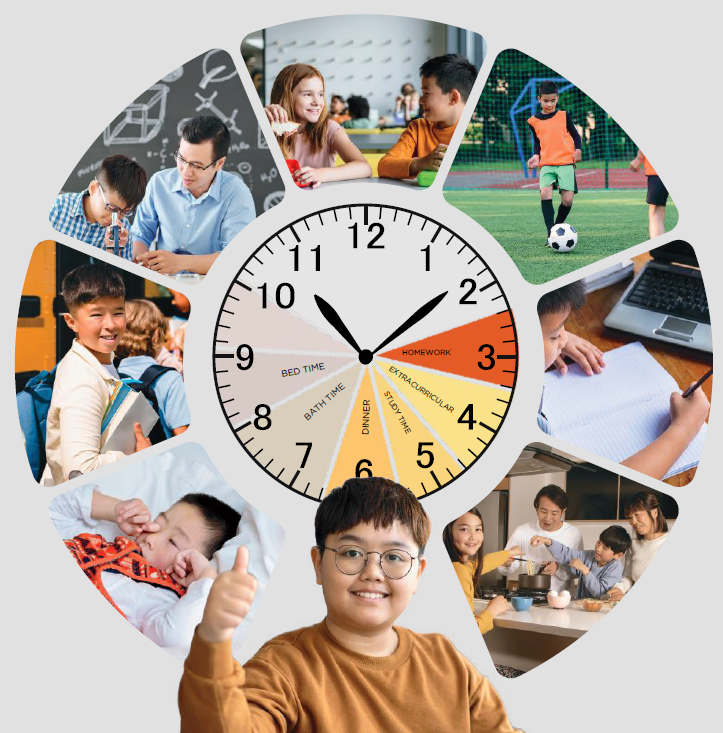
While some of this is outside immediate control of teachers, there are things we can do to mitigate the problem. Let’s not be tempted by the overly simplistic idea that every spare minute needs to be filled with ‘something’. It’s more important to ensure the ‘something’ is meaningful, concise, and realistic. Encourage balance, by showing balance. Students need that time to decompress, to reflect, to rest.
It’s easy to feel overwhelmed when facing massive systemic issues, but there are practical steps that could be taken in your school and classroom right now. If we truly want our students to succeed, we have to move beyond a mindset of the traditional markers of success comprising grades, hours studied, extracurricular achievements and focus on what really matters: their health and wellbeing. Sleep is the foundation of that success. Without it, all the effort in the world will be for nothing.
Health and Wellness Products / Services That may Be Of Interest:
Get a special discount by quoting code AISLMALL during CHECKOUT.
Daybook Journal

Daybook is a digital journal and diary app that enables users to write, reflect, and preserve their thoughts and experiences. It offers cloud sync, voice-to-text, mood/activity tracking, personalization, and AI-powered insights to enhance the journaling experience.
Health & Wellbeing – Deck of cards

Dr. Christopher Willard’s mindfulness decks offer exercises for emotional well-being, including *Mindful Parenting*, *Self-Love*, and tools for teens to manage depression, anxiety, and build resilience. Each deck provides practical mindfulness strategies for emotional growth and mental health at every life stage.
KFBG Transformative and Mindfulness Forest Immersion Walk
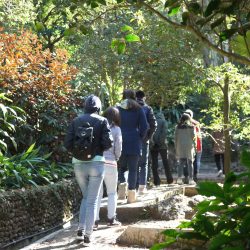
Kadoorie Farm and Botanic Garden (KFBG) delivers inspiring, awareness-shifting and transformative programmes with potential life-changing experiences. We offer an opportunity and a peaceful space in the natural environment of KFBG for participants to experience, to rethink, to identify and to be able to deeply connect and appreciate Gaia, our mother Earth, and the interconnection and interrelationship that we share with her. By being close to, and having a respect for nature, through our transformative workshops, people can experience a sense of deep happiness and spiritual contentment in which could facilitate a more holistic way of living.
Plant-based Whole Food Snacks

Cocoparadise is a company devoted to making natural, clean, superfood snacks that are good for you and the planet. We’re on a mission to inspire, encourage and make healthy living fun and easy. We think you shouldn’t compromise on taste when it comes to eating healthier. And we prove it with our delicious line of plant-based snacks. Whether you’re on a health kick or simply seeking tasty vegan, vegetarian, keto, gluten-free and paleo snacks… Cocoparadise is your destination.
Smiling Mind Mental Wellbeing App
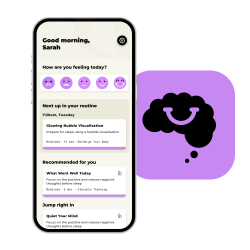
Smiling Mind is Australia’s leading digital mental health non-profit, offering evidence-based tools and programs to build lifelong mental fitness. For over 12 years, we’ve empowered minds to thrive—especially children—by proactively developing mental wellbeing and aiming to create generational change in how mental health is understood and nurtured.
Wellbeing Books Series
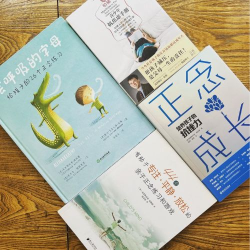
Dr. Willard’s books blend mindfulness with practical approaches for families. Alphabreaths teaches kids mindfulness through ABC-themed breathing exercises, while Growing Up Mindful offers parents and educators tools to help children build resilience, self-awareness, and empathy through mindfulness.
